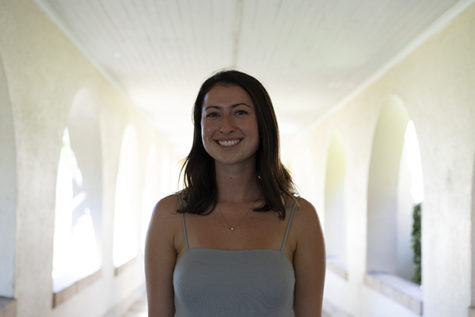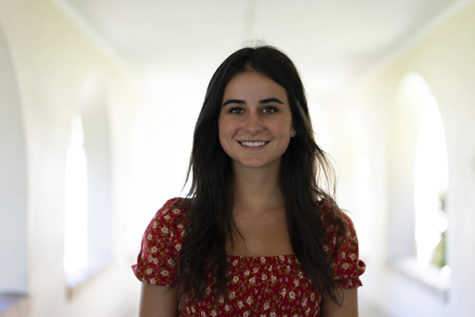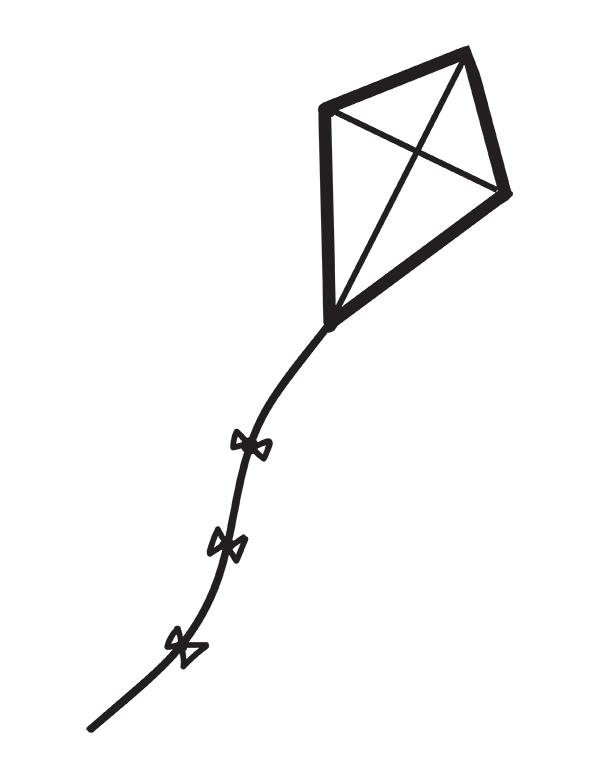Closing the Gap, Opening the Opportunity
Serving to combat the academic achievement gap, DreamCatchers creates a positive and safe environment that provides students with support, compassion and confidence.
As young children, we are told that we can grow up to do and be anything we want. However, for some this is not an obtainable reality. As we grow older, we learn that success requires a range of different components.
Many students have the potential to be successful but are not given the opportunities to do so. DreamCatchers, an after-school program offered to low-income students within Palo Alto Unified School District, aims to provide that opportunity.
Students often come out of DreamCatchers drastically changed, simply because it gave them an opportunity to showcase their full academic potential in a way that they never had before. In Palo Alto, students are surrounded by a tremendously competitive academic environment, causing countless students to resort to tutors for extra help in hopes of keeping up with the material and succeeding in their classes. Yet, there are students within PAUSD who do not have equal access to these crucial resources, automatically putting them at a disadvantage.
Data released by DreamCatchers shows that fewer than 40 percent of low-income students in PAUSD are currently meeting the standards for their grade levels.This is a significant issue that seems to be a low point, remaining unacknowledged and a low priority within the Palo Alto community. Due to these students’ lack of equal access to academic resources, many encounter obstacles in their lives that make it more difficult for them to prove their abilities.
Often times, a student’s socioeconomic status alters their mindset and perspective on their academic potential, causing them to struggle early on in their academic journey. However, there are highly dedicated people whose goal is to provide opportunities to low-income middle school students, helping them discover and continue on their own special pathways to success.
One struggle present in schools is that many students feel as though their teachers do not relate to them. “At some point, teachers can’t always be empathetic to everything because there are so many different people within a classroom,” said Miguel Fittoria, the Program Director at DreamCatchers, regarding the difficulty teachers have helping each of their students. Through providing academic support as well as encouragement, DreamCatchers works to give personal assistance to students, showing them that they have the same potential as their peers.
By way of a considerate process, the administrators at DreamCatchers pair the middle school students with a one-on-one tutor in high school or college. The nonprofit works to attend to each student equally, which supports their ultimate goal: to provide students with a safe and encouraging environment. Currently, there are 83 students enrolled in DreamCatchers, who attend tutoring twice a week, and 65 tutors, about 40 of which attend Paly.
Besides being an academic resource, DreamCatchers also provides emotional support to their students. Heidi Mickelsen, Education Director at DreamCatchers, states that the organization serves as a multi-faceted resource to students. “We really work on the socioemotional component [of learning] and try to build bonds between the tutors and the students, and make it a place we call the third space,” she said. The contemporary concept of the “third space” defines an environment where everyone within it is there solely to help the students, and promote safety, productivity and fun experiences.
Most middle school classes have well over 30 students in one room, and oftentimes teachers are not able to provide students with the extra support they may need. At the same time, many of these students do not have the academic resources found in the classroom at home. In order to combat this prevalent issue, DreamCatchers prioritizes creating a place where the primary focus is on the students and their specific needs. “You can get along with all your tutors,” Victor Henriquez, a 7th grader at DreamCatchers, said. “They’re always friendly and they would help you with anything you are struggling with.”
Something that sets DreamCatchers apart from other tutoring services is that students and tutors are able to connect on many different levels beyond their schoolwork. High school tutor Prahalad Mitra reflects on an experience in which his assistance extended beyond educational matters. “I remember one time, my kid came to me and told me about a problem that he had with one of his friends at school, and I gave him suggestions about how to handle it,” Mitra said. “The next week he came back and told me that he was able to fix the friendship.”
DreamCatchers’ students come into their sessions feeling that they can talk about various aspects of their lives. “I like how you chat with them not just about schoolwork,” Alexa Saray, a DreamCatchers student, said.
Middle school is a transitional period in which many students have not discovered study methods that will enable them to be academically successful. Yet in high school, it is expected that students automatically know what study habits work best for them. This is where the disconnect lies. Many of the students in DreamCatchers struggle with finding the best ways for them to be successful in school. “In reality, what we’re trying to do is get our students to just be ready to take in all the stuff that they learn at school,” Fittoria said.
Although a big part of DreamCatchers is about getting help with homework, the kids are also subconsciously discovering and identifying strategies and study habits that will help them to be successful independently in the future.
As suggested by Fittoria, DreamCatchers helps more than just its students, with administrators working to extend support and assistance to their tutors as well. “A lot of times, when a tutor signs up, [they] go because they think that they’re trying to help somebody else,” Fittoria said. Tutors often do not realize the ways in which they are benefiting from the time spent with their student each week.
“[Tutors] don’t often think how much it’s actually going to give back to them, and [they] don’t realize that it’s helping [them] out until [they’re] able to reflect on what it’s been like to be a tutor for a student,” Fittoria said. Tutors often find themselves getting the same amount of gratification as their students get when understanding a difficult concept. “I can imagine being in their situation and finally getting something, and it’s a really great feeling for them and me,” Katie Cheng, a tutor at DreamCatchers, said. Getting to be a part of something so powerful teaches valuable skills to tutors along with the students.
Reflecting on what it is like to partake in DreamCatchers, Fittoria recognizes that the organization is able to break down the barriers society has set between economic status and success. “You’re able to just kind of cross those two boundaries simultaneously and benefit from everybody’s experience, and that’s a great place to be […] I say it’s pretty cool,” Fittoria said. As young children, many of us are told that we can grow up to do and be anything we want. DreamCatchers fights to make this dream a reality for all, regardless of income.

When she’s not busy with school, Chloe loves spending time at the beach. This Paly senior joined the C mag team because of the freedom that allows...

Katherine joined C Magazine because she was amazed by the creative designs as well as interesting text the magazine continuously presents. She love the...

C Mag’s fun and creative environment initially attracted her to joining the staff, but her favorite part of being on the publication is hands down...







